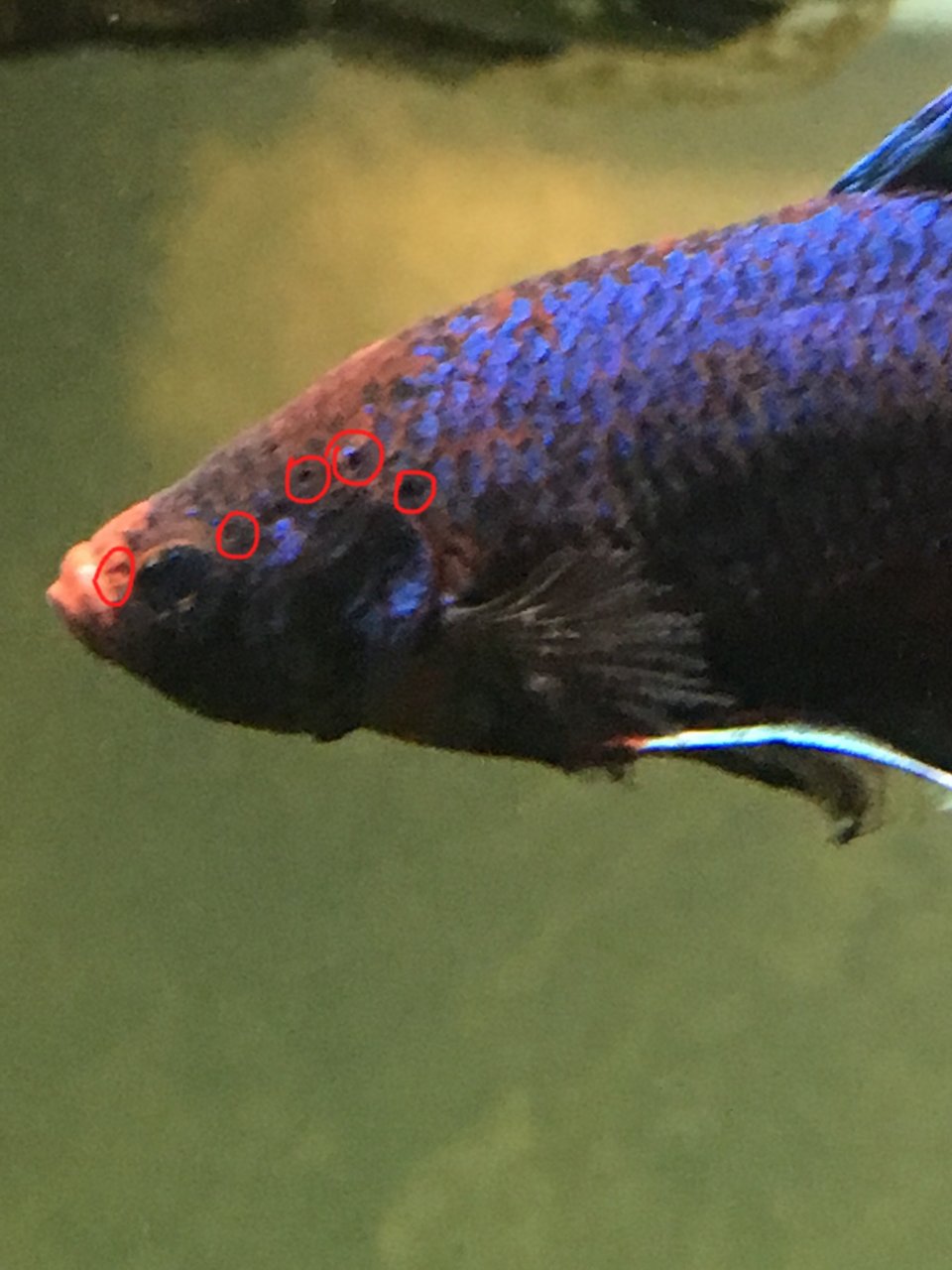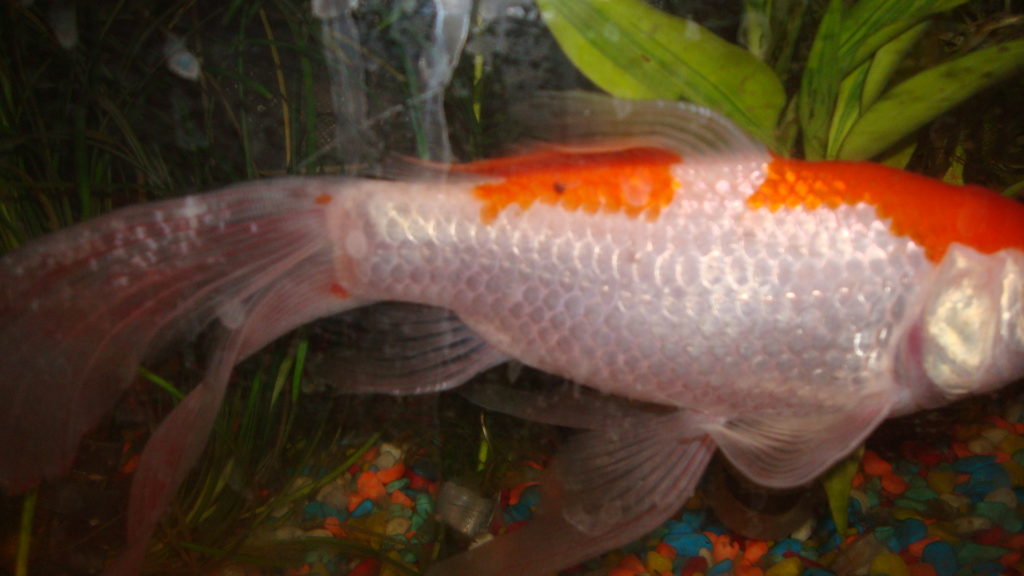Fish disease symptoms are often apparent. Externally, you may observe symptoms such as strange behavior or cloudy eyes. Another external symptom is a loose-weight fish that does not eat, which may be linked to an internal parasite. If you recognize the symptoms in time, you can treat your fish earlier.
Dealing with fish disease involves knowing how to treat it. First, you need to identify what type of disease it is. You will find parasites, bacterial, fungal, or internal diseases. Each type has its own methods of treatment. The most obvious way to know if your fish has an internal parasite is weight loss. If your fish is eating but skinny, it has an internal parasite. Most internal parasites can be treated with medication
If you notice that your fish are sick or have parasites, it is best to start treatment right away. Many of these illnesses can be easily treated if caught early. The best way to treat any issues with your fish is to prevent them from occurring in the first place. By keeping the water free from dirt, you can prevent many of these fish illnesses.
Fish disease control starts with preventing the disease rather than treating it. Prevention of fish disease is accomplished through good water quality management, nutrition, and sanitation.
In order to understand your fish’s health, you need to observe their behavior and feeding habits. If any issues arise, treatment will be most successful if it is done early in the disease process when the fish are still healthy.
Fish should not be visible in the pond except at feeding time. Fish that are seen hanging listlessly in shallow water, gasping at the surface, or rubbing against objects indicate there may be a problem. Fish that are rubbing against objects are also behaving abnormally, which means they are probably irritated by something in the water.
Types of Fish Diseases
Parasitic Disease
Parasitic diseases in fish are most often caused by protozoa that live in the aquatic environment. This the most common type of fish diseases. There are a variety of protozoans that infest the gills and skin of fish, causing irritation, weight loss, and eventually death. It would be best to clean the whole tank as well as remove any eggs, larvae, or parasites from it.
Bacterial Disease
Fish have many diseases that are caused by bacteria. The bacterial disease is typically an inner infection that requires medicated feed containing antibiotics approved for use in fish. When a fish has a bacterial disease, it will have hemorrhagic spots or ulcers along its body wall and around its eyes and mouth. Bacterial diseases can be external, leading to erosion and ulceration.
These types of infections are often caused by poor water quality and a poor diet. Stress in your fish can lead to lower immune systems and allow any bacterial infection to set in. If your fish is suffering from a bacterial infection, you will likely see some common signs. These include swollen abdomen, this red spot on the body, Ulcers on the gills, Enlarged eyes e.t.c
Fungi Disease
Fungi diseases are more common in fish diseases than people realize, but they generally do not cause disease unless the fish is already ill with an external parasite or bacterial infection. Fungi can colonize damaged tissue of the fish if it is injured by handling or infected by any other type of parasite. This more commonly occurs on the exterior of the fish.
A fungal infection can damage organs in the fish’s body. Symptoms of a fungal infection include grey cotton-like growths on the skin, gills, and fins, and around the eyes. These infections are caused by unclean water conditions and dead organic material. The first thing to do to treat a fungal infection is to clean your tank fully.

Viral diseases
Another type of fish diseases are the Viral diseases, unlike bacterial diseases, cannot be distinguished from other illnesses without specific laboratory tests. The viruses are difficult to diagnose and there is no special medication to cure viral infections of fish.
RECOMMENDED ARTICLES
- Bramble Shark Fish Species: Characteristics, Habitat And Spawning
- Small-Scale Catfish Farming Business Plan And The Ideal
- Small-Scale Fish Farming Business Plan And The Ideal
- Yellow Boxfish Species- Characteristics, Habitat, And Spawning
- Standard Catfish Business Plan For Beginners And 2 Detailed Challenges
If you like, please share it. sharing is usually caring.

